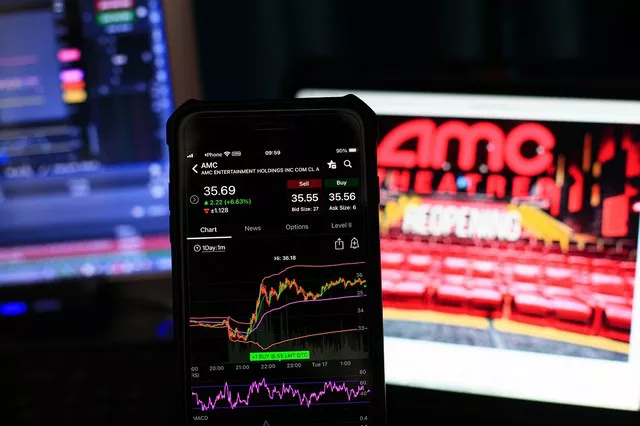Stock futures have long been regarded as valuable tools for gauging market sentiment and predicting the future direction of stock markets. These financial instruments allow investors to speculate on the future movements of stock indices like the S&P 500, Nasdaq, or Dow Jones before the actual stock market opens. However, the question remains: do stock futures truly predict the next day’s market?
1. Understanding Stock Futures
Stock futures are derivative contracts that enable traders to buy or sell an underlying stock index at a predetermined price on a future date. They provide investors with a mechanism to gain exposure to the broader market, and they are often used for hedging, speculation, and portfolio diversification. When it comes to predicting the next day’s market, stock futures play a pivotal role in shaping market expectations.
2. The Mechanism of Overnight Trading
One of the key features of stock futures is that they facilitate overnight trading, allowing investors to react to market developments that occur outside regular trading hours. This feature is especially significant in an era of global markets and 24/7 news cycles. Traders can place orders on stock futures contracts during extended trading hours, which can provide insights into the likely direction of the market the following day.
3. Pre-Market Indicators
Stock futures serve as pre-market indicators that offer a glimpse into market sentiment before the official stock market opening. This early insight can be valuable for traders and investors who want to prepare for potential market moves. A strong or weak performance in stock futures can set the tone for the trading day, but it’s important to remember that futures prices can change as new information becomes available.
4. Factors Influencing Stock Futures
Several factors can influence stock futures prices, affecting their ability to predict the next day’s market:
Economic Data Releases: The release of economic indicators, such as employment reports, GDP figures, or consumer sentiment surveys, can impact market sentiment and, consequently, stock futures. Positive data may lead to bullish sentiment, while negative data can have the opposite effect.
Interest Rates: Changes in interest rates, often set by central banks, can affect the attractiveness of stocks versus other investments. Any shifts in interest rate expectations can influence stock futures.
Corporate Earnings: Earnings reports from companies included in the underlying index can significantly affect stock futures. Positive earnings surprises may lead to a bullish outlook, while disappointing earnings can have the opposite effect.
Geopolitical Events: Geopolitical developments, such as trade tensions, conflicts, or political instability, can create uncertainty and influence stock futures.
Market Sentiment: Investor sentiment, driven by factors like fear, greed, and risk appetite, can cause rapid fluctuations in stock futures prices.
5. Limitations of Stock Futures Predictions
While stock futures provide valuable insights into market sentiment, they are not infallible predictors of the next day’s market behavior. Several limitations should be considered:
Intraday Developments: Stock futures reflect market sentiment at a specific point in time, but intraday developments can shift sentiment and alter futures prices before the official market opening.
External Events: Unexpected events, such as breaking news, geopolitical incidents, or natural disasters, can override the influence of stock futures on the market.
Lack of Overnight Trading: Not all market participants can trade stock futures overnight, limiting the influence of futures on the broader market.
Behavioral Factors: Human emotions, such as fear and greed, can lead to irrational market reactions that may not align with futures predictions.
6. Impact on Trading Strategies
Despite their limitations, stock futures play a crucial role in shaping trading strategies:
Intraday Traders: Intraday traders often use stock futures as leading indicators to anticipate price movements in individual stocks, contributing to intraday volatility.
Hedging: Investors and institutions use stock futures to hedge their portfolios against potential market downturns, which can be especially important in uncertain times.
Global Markets: Changes in stock futures are closely monitored by international markets, as they can influence global investor sentiment and trading decisions.
Market Circuit Breakers: In extreme cases of market volatility, circuit breakers may be triggered, temporarily halting trading to prevent panic selling.
Conclusion
Stock futures undeniably provide valuable insights into market sentiment and can serve as pre-market indicators. However, their ability to accurately predict the next day’s market is subject to various factors, including economic data releases, interest rates, corporate earnings, geopolitical events, and investor sentiment.
While stock futures are a valuable tool for traders and investors, it’s essential to use them in conjunction with a holistic analysis of market conditions. Markets can be highly dynamic and influenced by unexpected developments, making it important to exercise caution and maintain a diversified approach to trading and investing. Ultimately, stock futures offer a valuable lens through which to view market sentiment, but they should be considered as one of several indicators used to make informed decisions in the ever-changing landscape of financial markets.


